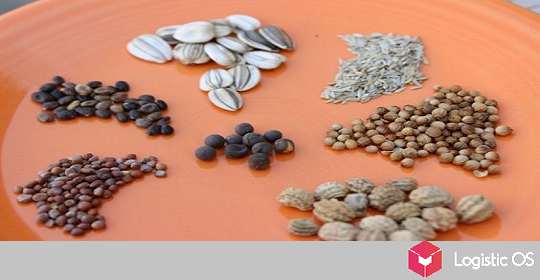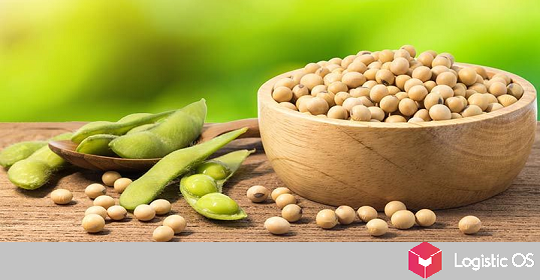The export duty on sunflower oil has been zero for a year and a half, but now experts are worried that it may increase 5 times in the coming months.
Analysts from the Oil and Fat Union do not rule out that the export duty on sunflower oil will increase several times in the near future. For 17 months, it was zero, and currently amounts to 2.9 thousand rubles per ton.
However, in the near future, as experts warn, it may increase to 8 thousand rubles, we may see such a rate already in December, that is, in just a month.
Moreover, in January, the rate may increase even more, to 15 thousand rubles. Thus, in a couple of months, it may increase 5 times at once.
Experts explain what this is connected with.
«Since the beginning of the season, there has been an increase in global prices for sunflower oil, which, against the background of expectations of a significant reduction in the harvest both in Russia and in other producing countries, has led to a significant increase in the price of sunflower, the cost of which is about 90% of the cost of oil production.
This inevitably led to an adjustment in selling prices on the domestic market. However, domestic prices are protected from a sharp increase in global prices by an export duty on sunflower oil,» notes Mikhail Maltsev, Executive Director of the Oil and Fat Union.
In other words, the duty should become a barrier that will not allow Russian producers and exporters, taking advantage of attractive global prices, to send too much oil abroad and thereby create risks for food security within Russia.
At the same time, expectations of a low oilseed harvest further exacerbate this problem, since there is a risk of a shortage of raw materials to produce a sufficient amount of oil for the new season.
However, it is already gradually becoming clear that this threat may have been exaggerated.
In particular, as the harvesting campaign progresses, it becomes clear that the shortfall in oilseeds will ultimately be less than planned, and the decline in the harvest in the southern regions of the country can be compensated by good results in Altai and the Volga region.
Finally, this season in Russia there is a record harvest of rapeseed and soybeans, so processing plants are largely able to switch to them, and this will inevitably bring down prices for sunflowers within the country.
If you add up all the crops, then the oilseed harvest this year is at the same level as last year — 29 million tons, experts note.
Thus, the risks are gradually decreasing, and the worst assumptions of farmers and exporters regarding the size of the export duty in the foreseeable future may not come true.

